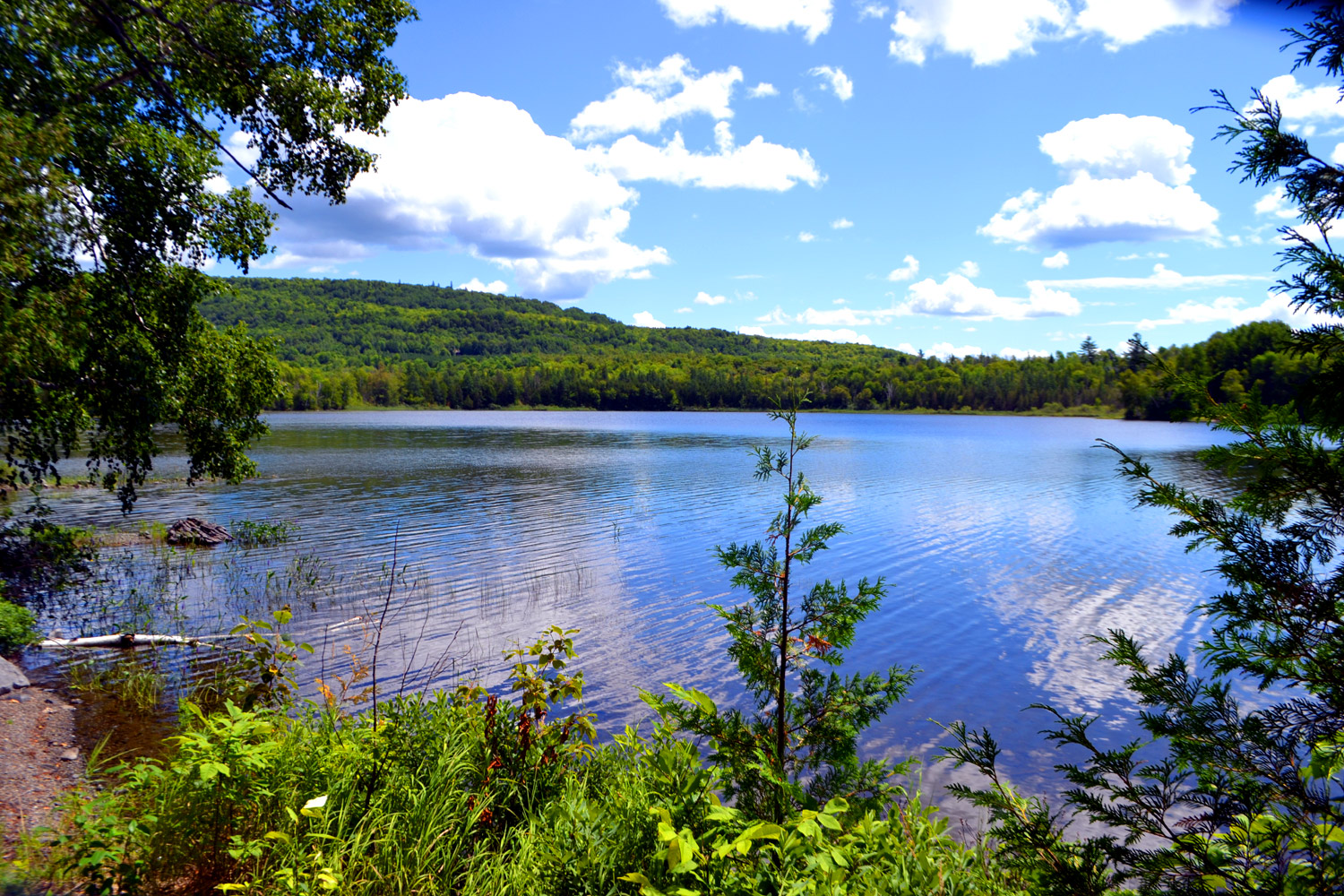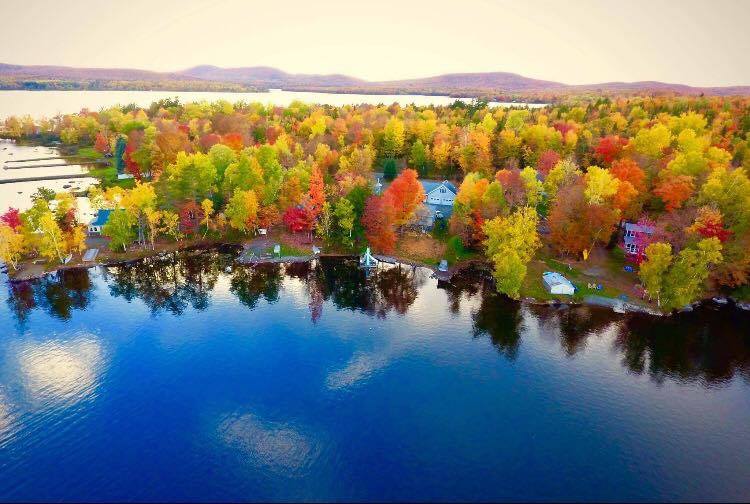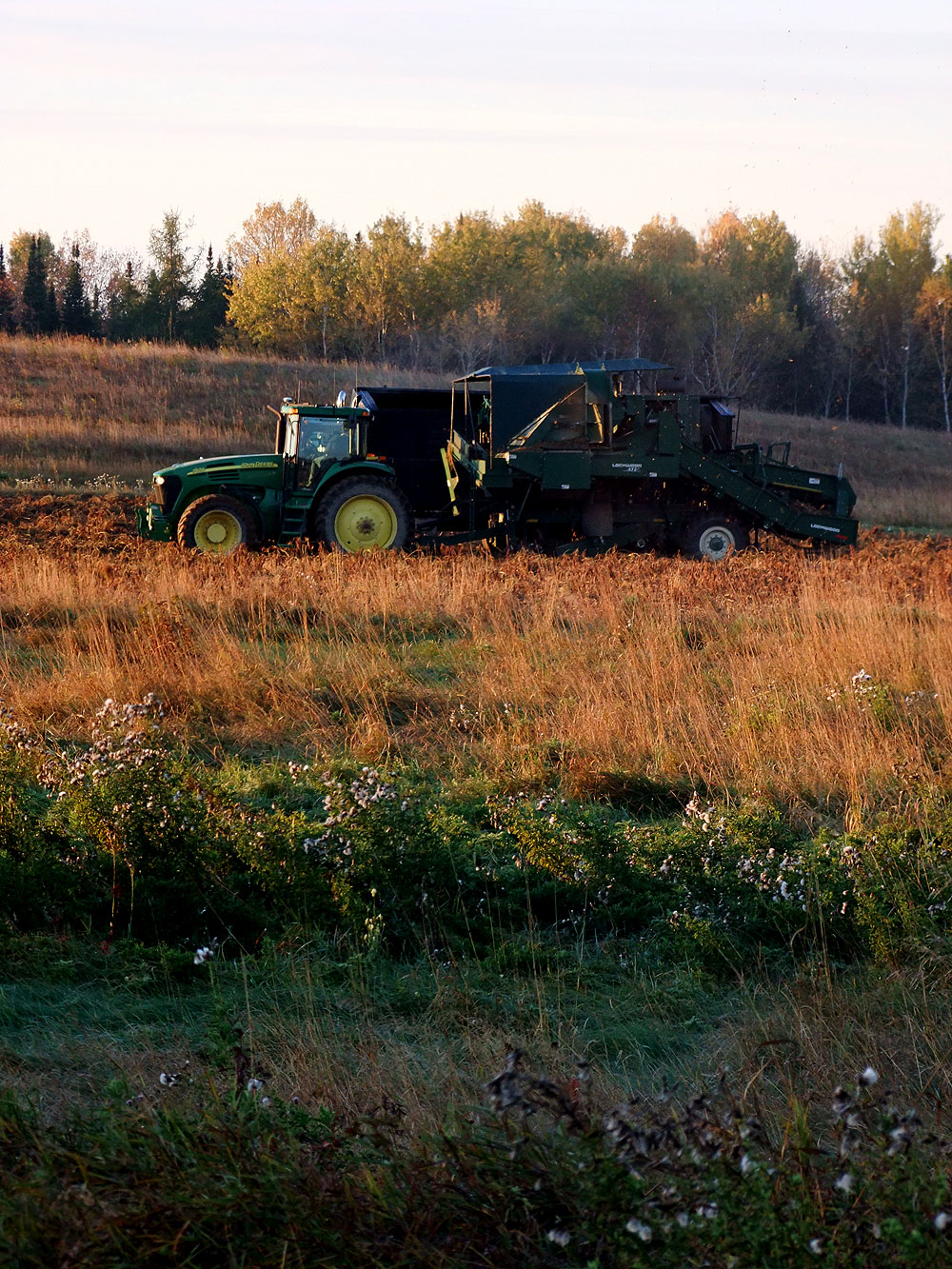

Had a home listed where a previous renter, the last one in the place had several farm pigs.
And like a house with the odor of fire, smoke damage, the smells linger.
In Maine, lots of homes have signs of smoke from wood fires. And when a heating oil tank has a loose fitting on a filter line or a delivery just happened, you catch a whiff of petroleum. They say just a soda bottle cap full of heating oil will taint the air inside a house. They say a gallon of heating oil can pollute a million gallons of water too.
A few years back, I had a house listed for sale in the town of Houlton Maine, in a regular south west end upscale neighborhood where the water supply was a drilled well.

Buried fuel tanks, we run into those with convenience store sales.
Making sure nothing is leaking, that the tanks if underground that they are not ruptured.
Besides heating oil fuel tanks, meth labs, black mold are not what a Maine real estate broker wants to bump into during a listing to sale transaction.
 Brownies fresh out of the oven can help a sale. So can hot apple pie or a candle burning that smells and reminds the buyer of something tasty.
Brownies fresh out of the oven can help a sale. So can hot apple pie or a candle burning that smells and reminds the buyer of something tasty.What happens after a heating oil leak occurs in a house or apartment rental property and the spill needs to be reported?
Your call to report an oil spill will alert a DEP responder in Augusta, Bangor, Portland, or Presque Isle. DEP Response staff is on-call 24 hours a day. Response Services staff will be able to provide you with guidance about what to do next and if necessary, will respond to the spill site to initiate and advise on the clean-up and proper disposal of the spill. Pumping out the contents of a fuel tank with a leak is the first step to contain the damage. Sometimes a magnet is put on the tank to stop the drip drip drip or a band if applied to aid in stopping or slowing the leakage from the malfunctioning fuel heating oil container.
How is the oil spill cleaned?
Cleanup methods depend on the situation, product, and resource affected. Methods used may include: sorbents, pumps, vacuums, controlled burns, excavating contaminated soils, ground water treatment and neutralization.
Who is responsible for cleaning up a spill?
The spiller (responsible party) is legally responsible for cleanup and may choose to perform the cleanup under the direction of the DEP. When a responsible party does not or cannot clean up a spill other agencies such as the local fire department or the DEP, must act to protect public health, safety and the environment. But it is the seller or owner of the property that is responsbile for the fuel oil or whatever tanks in the property.
Who can cleanup a spill?
Workers must be adequately trained before they can be involved in spill response.
Both the state and federal governments have standards for health and safety for individuals involved in spill response.
Anyone who responds to spills must receive training in compliance with these state and federal standards.
Food safety means the tractors out on a Maine farm must report leaking hydraulic fuilds to help contain which batch of the field harvest is effected by the spill.
Who determines what is needed to cleanup a spill?
Staff from DEP will provide the responsible party with advice on proper spill cleanup. Depending on the nature and extent of the spill, oversight of cleanup may also be provided by the local fire department, the U.S. Environmental Protection Agency, or the U.S. Coast Guard.

